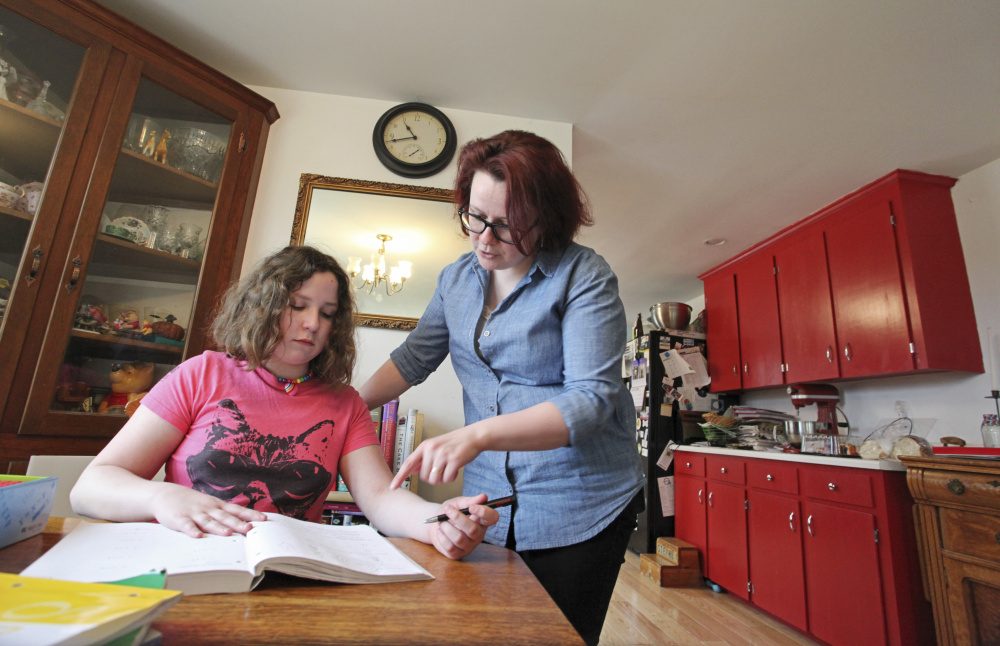Ventura County, CA: Counties should use their full authority to guarantee the same protections from pesticide exposure at home that are already legally required for schools – and be prepared to back it up with stiff fines. That’s according to new executive guidance issued Thursday by the California Department of Pesticide Regulation. The guidance reminds county agricultural commissioners that a 2018 regulation restricting drift-prone pesticide applications during the school day was intended to protect children from exposure in their place of learning. Now that every home is a potential school, that order applies much more broadly.
The order directs county agricultural commissioners to “take a strict approach to assessing penalties,” noting that “violations that occur near homes or schools during the emergency should be considered “Class A” violations and should carry fines at the top of the range.” The order was welcomed by community members in California’s agricultural regions who have long called for greater protections at home.
“Here in Ojai, there is growing concern about widespread pesticide use near our homes. Our local coalition recently appealed to the governor to grant extra protection for children sheltering in place in their homes during this emergency,” said Patty Pagaling, executive director of Ojai-based Transition to Organics. “We are grateful to the administration for this bold action. We’d say to all Californians, if there’s a pesticide application near your home, you should report it to your county agricultural commissioner through the CASPIR application on your cellphone.”
The order reminds County Agricultural Commissioners that they are required to consider the potential impact of an application on homes where children are present before issuing any permit to use pesticides classified as Restricted Materials. Protections for schools are still in place, in recognition of the continued role schools play as centers of community, even during the COVID-19 pandemic.
“This order recognizes the extraordinary importance to reduce the threat of pesticide exposure amongst California’s most vulnerable communities during this COVID19 crisis with a focus on growing a strong, climate smart agricultural economy while transitioning away from the use of harmful chemicals.” said Adam Vega, Coordinator of the Ventura County Coalition Advocating for Pesticide Safety (VC-CAPS).
While public health advocates applauded the order’s intent, there is broad concern about how well it will be enforced. “This order reminds County Agricultural Commissioners of their pre-existing obligation to protect children and other vulnerable populations,” said Sarait Martinez, organizing director with the statewide coalition Californians for Pesticide Reform. ”What we really need in order to make it stick is advance warning to families before the most hazardous pesticides are used nearby. It’s crazy that Californians don’t have this information.”
In the current crisis, farmworkers have been reclassified as “essential workers” who risk their lives and health to keep America fed. But preliminary studies have shown that COVID-19 mortality is higher for people living with high levels of air pollution, which includes farmworking communities throughout California. Ventura County, where a majority of fruits and vegetables are grown with vast pesticide inputs, has some of the nation’s worst air quality. COVID-19 also poses the highest risk to people with preexisting respiratory conditions such as asthma. Pesticides are known to be a major contributor to the epidemic of childhood asthma in Ventura County, where many of its cities rank in the 90th percentile for air pollution statewide.
Last May, the Ventura County Coalition Advocating for Pesticide Safety (VC-CAPS) and Robert Levin, M.D., Heath Officer with the Ventura County Department of Public Health, called for a special meeting with the Ventura County Agricultural Commissioner and Agricultural Policy Advisory Committee to discuss the future of pesticide use in Ventura County. The dialogue was centered around a report by UCLA researchers entitled Governance on the Ground: Evaluating the Role of County Agricultural Commissioners in Reducing Toxic Exposures, the report found that none of the 24 California counties studied – including Ventura and Santa Barbara – was in compliance regarding how alternatives are evaluated and how the office tracks and considers multiple pesticide applications nearby before approving or disapproving pesticide application permits. Pest control methods are an integral tool for pest management in agriculture, yet for years have remained largely dependent on the use of toxic chemical combinations. Ventura County’s history in pioneering non-chemical, biologically based methods of pest management have helped provide maximum effectiveness for specific farming conditions found throughout the county. The valuable history of knowledge positions Ventura County to lead the effort alongside established citrus, avocado, and berry growers in our region to share best practices for transition statewide.
“I firmly believe it is a top priority to undertake concrete action steps to protect these vulnerable communities and farmworkers from the negative synergistic impacts of pesticides and the COVID 19 infection, we have come to recognize and fight one invisible enemy while ignoring the other.” said Vega. “This would be a perfect example of what a working group on agriculture and essential workers could address immediately.”
Californians for Pesticide Reform is a diverse, statewide coalition of over 190 member groups working to strengthen pesticide policies in California to protect public health and the environment. Member groups include public and children’s health advocates, clean air and water groups, health practitioners, environmental justice groups, labor, education, farmers and sustainable agriculture advocates from across the state. Ventura County Coalition Advocating for Pesticide Safety (VC CAPS) is a member of the CPR network.
Californians for Pesticide Reform
Get Citizensjournal.us Headlines free SUBSCRIPTION. Keep us publishing – DONATE




